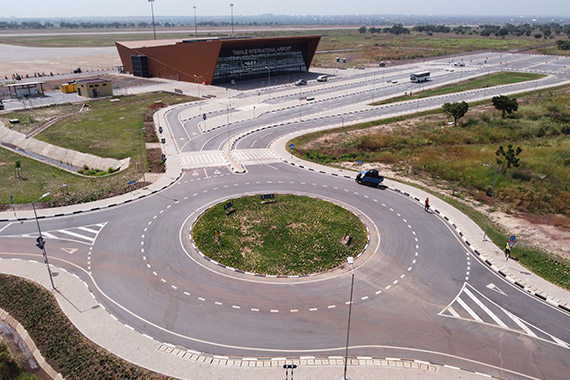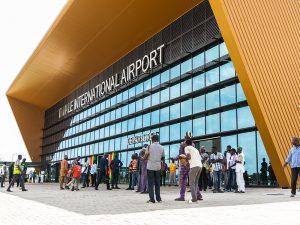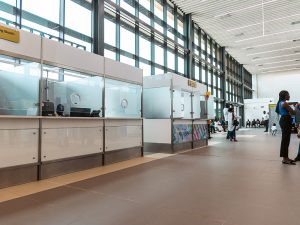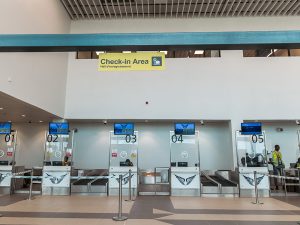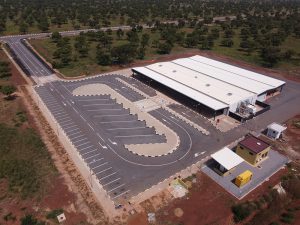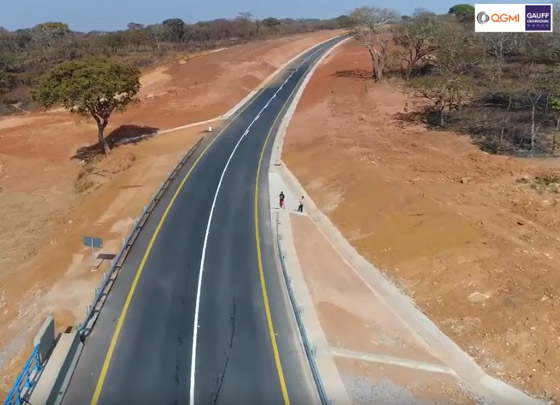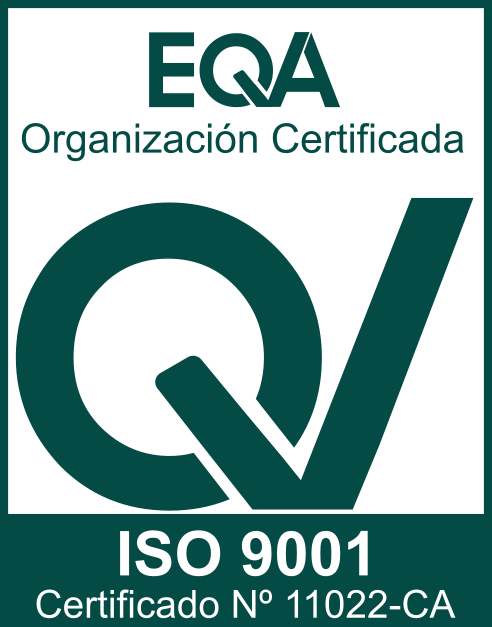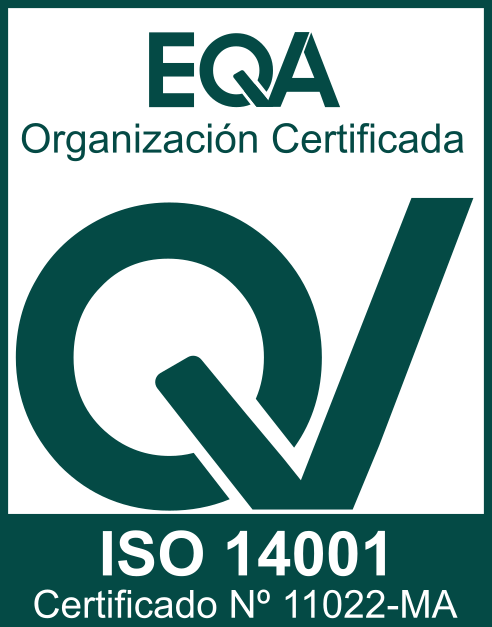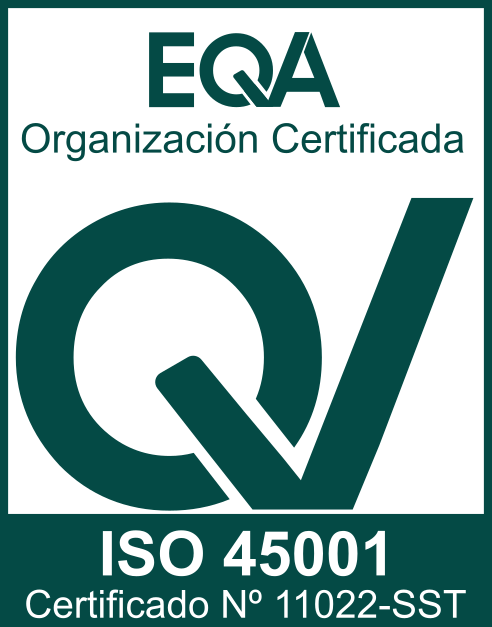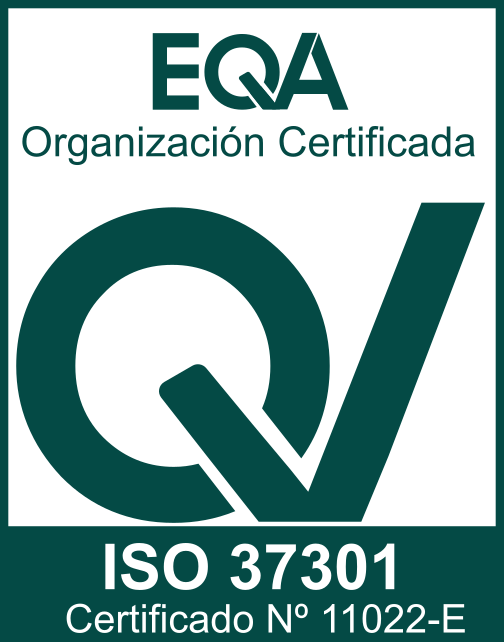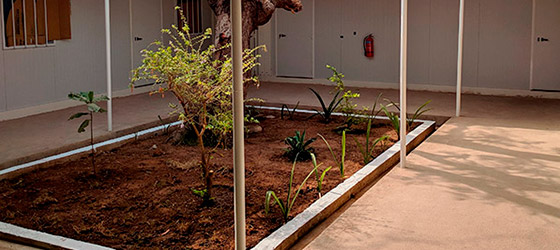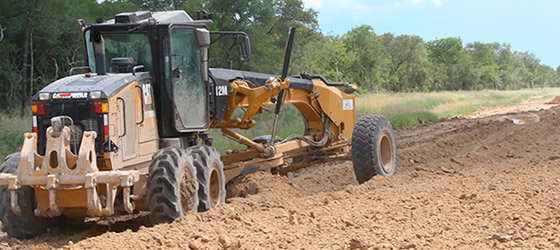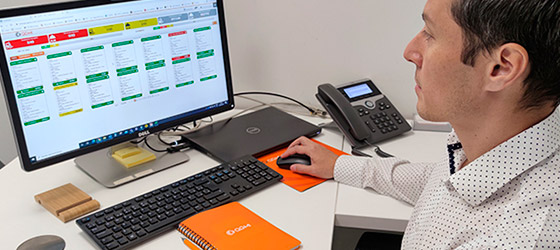Tamale International Airport Terminal
GHANA
Project justification
Tamale is the capital of the Northern Region of Ghana, the third largest city after Accra and Kumasi. Its International Airport was in need of expansion, as the city is the epicentre of pilgrimage to Mecca. It is certainly an opportunity for improvement for the city and its inhabitants.
Scope of Works
In this project, the following work has been carried out:
- 5000 m² terminal with the possibility of expansion; capacity for 200 simultaneous passengers per hour and direction; 8 check-in desks and 4 self-service check-in desks; 2 boarding gates.
- Airport Management System and Equipment for integrated passenger and baggage handling.
- Multi-purpose building of 1,000 m², with capacity to accommodate pilgrims travelling to Mecca during the Hajj season; as well as fairs, congresses and events during the rest of the year.
- Environmental and social impact assessment, including permitting and a Livelihood Restoration Plan.
- Parking.
- Access and local roads.
- Infrastructure suitable for large aircraft.
- Electricity supply.
- Water, electricity and sewerage infrastructure.
Sustainability
We carried out the airport expansion in accordance with the IFC’s Environmental and Social Performance Standards. We are working with a clear purpose: to improve the quality of life of the region’s inhabitants, in addition to promoting the development of the country’s mobility and infrastructure.
